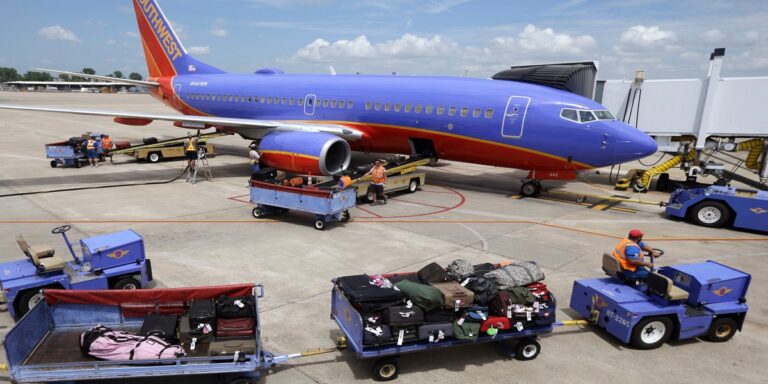Maine has recently enacted a significant 42% excise tax increase on smokeless nicotine pouches, leading to a sharp rise in the prices of popular brands like ZYN, VELO, ROGUE, ON!, and ZONE. This tax hike, which now categorizes all nicotine-containing products as tobacco products, marks a substantial shift in the state’s approach to nicotine regulation and carries significant implications for both consumers and retailers.
Legislative Background
Passage of the Tax Expansion Bill
The tax expansion bill responsible for the 42% excise tax increase passed strictly along party lines in the Maine state legislature. All Democratic lawmakers supported the bill, while every Republican member opposed it. Although Governor Janet Mills did not sign the bill, it automatically became law in April 2024 due to the state’s legislative process.
Redefinition of Nicotine Products
Under the new law, all nicotine-containing products are now subject to the state’s tobacco tax. Previously, smokeless nicotine pouches were exempt from this tax because they did not contain tobacco. However, State Senator Nicole Grohoski introduced a bill that redefines all nicotine-containing products as tobacco products, thereby subjecting them to the same tax as traditional tobacco products.
Unclear Impact on Cessation Products
One aspect of the new law that remains uncertain is whether it applies to smoking cessation products like nicotine gum or patches. These products, designed to help users quit smoking, typically fall under different regulatory frameworks. However, the broad redefinition of nicotine-containing products raises questions about whether they might also be subjected to the increased tax.
Fiscal Impact
According to the fiscal note attached to the bill, the tax expansion is expected to generate $978,000 in revenue for Maine in fiscal year 2024, with projected revenues exceeding $2.5 million in the coming years. This additional revenue is likely intended to support public health initiatives, although the burden of the tax will fall on consumers.
Impact on Retail Prices
Price Increases in Convenience Stores
As a result of the new excise tax, convenience stores across Maine have already begun raising prices on smokeless nicotine products. For instance, the price of ZYN products has jumped from $5.59 to $8.49 per unit—a significant increase that will likely affect consumer purchasing behavior.
Retailer Concerns
Retailers, such as the convenience store chain Nouria, have expressed concerns that this price hike will shock consumers and potentially impact sales. However, given that neighboring Massachusetts has banned flavored nicotine products and New Hampshire imposes similar taxes, Maine consumers may still prefer to purchase these products locally rather than crossing state lines.
Impact on Low-Income Groups
Tobacco taxes, including those on nicotine pouches, are often criticized for disproportionately affecting low-income groups. Research consistently shows a negative correlation between tobacco use rates and income levels, meaning that lower-income individuals are more likely to be impacted by price increases resulting from higher taxes. This tax hike could therefore place additional financial strain on these consumers, potentially reducing their access to less harmful nicotine alternatives.
Maine’s 42% excise tax increase on smokeless nicotine pouches represents a significant change in the state’s approach to nicotine regulation. While the tax is expected to generate substantial revenue, it has already led to noticeable price increases, sparking concerns among retailers and consumers. The law’s impact on low-income groups and its potential public health implications are critical factors that will need to be closely monitored as the state adjusts to this new regulatory environment.
FAQs
What is the new excise tax rate on smokeless nicotine pouches in Maine?
Maine has implemented a 42% excise tax increase on smokeless nicotine pouches, categorizing all nicotine-containing products as tobacco products.
How have retail prices been affected by the tax increase?
The tax increase has led to significant price hikes for smokeless nicotine pouches, with prices for products like ZYN rising from $5.59 to $8.49 per unit.
Why was this tax increase implemented?
The tax increase is part of a broader effort by Maine’s government to regulate nicotine-containing products more strictly and generate additional revenue for public health initiatives.
Who supported the tax expansion bill?
The bill was supported strictly along party lines, with Democratic lawmakers voting in favor and Republican members opposing it.
How does this tax increase impact low-income groups?
Tobacco taxes, including those on nicotine pouches, are often considered to disproportionately affect low-income individuals, who may face financial strain due to the higher prices.
Will the new law apply to smoking cessation products?
It remains unclear whether the new law will apply to smoking cessation products like nicotine gum or patches, as the law broadly redefines nicotine-containing products as tobacco products.


















